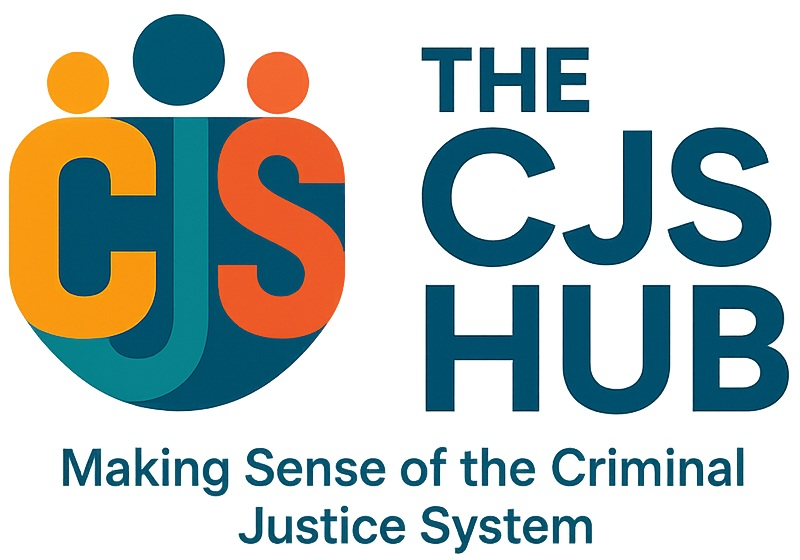Explore what happens after arrest, including interviews, charges, and court appearances.
1. Arrival at the Police Station & Custody
Once you’re arrested, you’ll be taken to a police station. There, a custody officer assesses whether there’s enough evidence to charge you or whether you should be held any longer. Right from the start, you must be informed of your rights—including the right to inform someone you’re being held and to consult a solicitor—and these must be recorded in your custody documents.
2. Interview & Right to Legal Advice
Interviews are governed by PACE Code C, which protects your right to legal advice before questioning. You must be cautioned, and your solicitor (or duty solicitor) should be present. If you’re a child or vulnerable, an appropriate adult must also be involved.
3. Length of Detention
From the moment you’re arrested or arrive at the station—whichever is earlier—the clock starts ticking on how long police can lawfully detain you without charging. The basic limit is 24 hours, but extensions are possible up to 36 or 96 hours, depending on the severity of the offence and authorisation level.
4. Decision: Charge, No Further Action & Other Outcomes
After interviews and investigation, one of several things can happen:
- No Further Action (NFA): If there’s insufficient evidence, the police may release you without charge and take no further action.
- Charge: You may be formally charged, in which case you’ll be classified as a defendant.
- Alternative Outcomes: Sometimes, you might be offered a caution, fixed penalty, or diversion, depending on the offence and circumstances.
5. After Charging: Court Appearance
If you’re charged, the police will let you know whether you’ll be released with bail or held in custody until you’re brought before a court.
Your first court hearing will always be at Magistrates’ Court, even if the case is later transferred to Crown Court for serious matters.
6. Magistrates’ Court: What Happens Next
At the first appearance in Magistrates’ Court, the court will:
- Confirm your identity and the charges;
- Ask if you plead guilty or not guilty;
- Decide whether you should be released on bail, remanded in custody, or proceed under conditional release.
If the case is serious enough, it may stay in or transfer to Crown Court. For less serious matters, the court may deal with or conclude the case itself.
